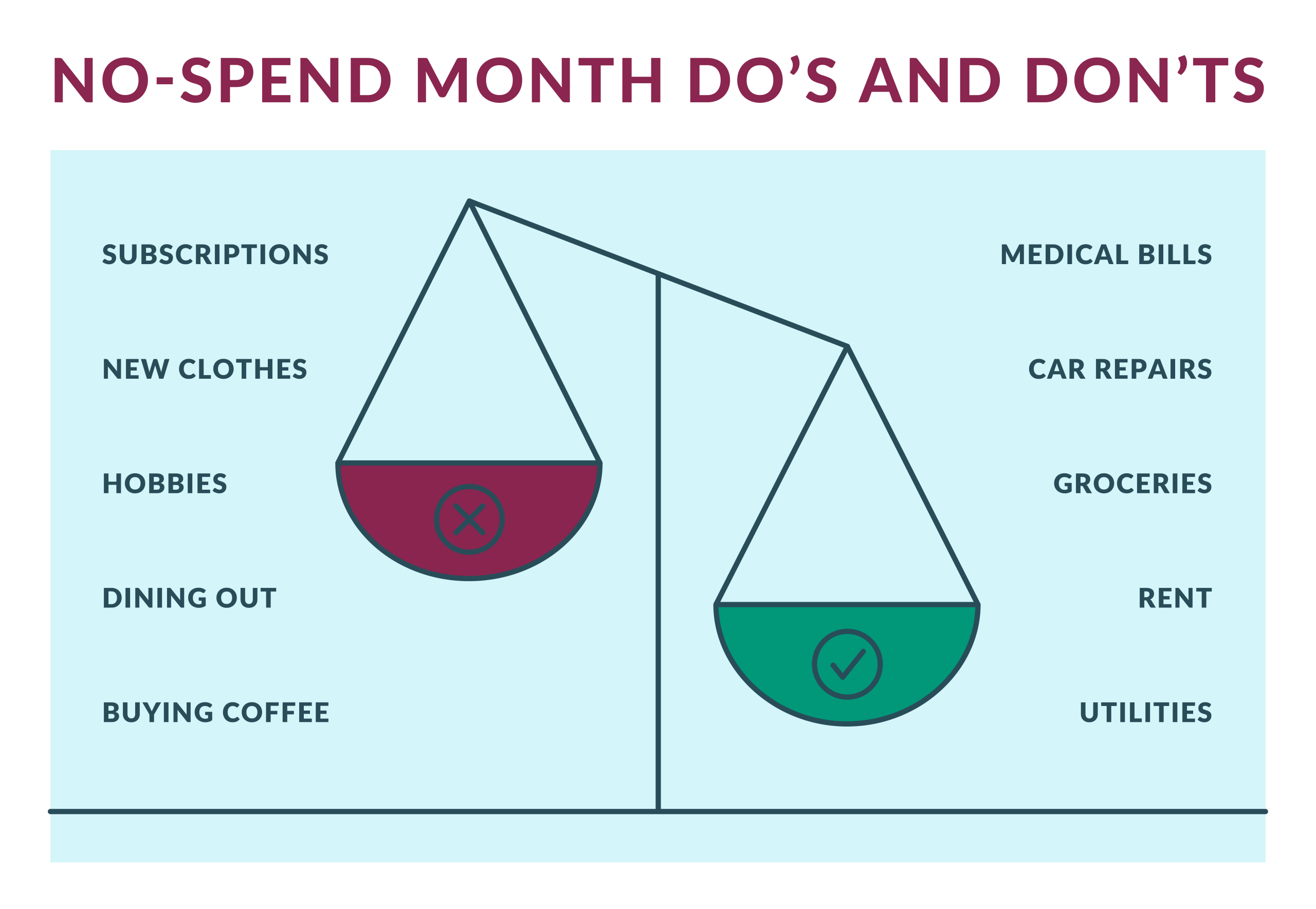Anúncios
In the United States, a credit card cash advance is a widely offered service by financial institutions, allowing cardholders to access cash up to a certain limit.
Although it can be a quick solution in emergency situations, it is very important to understand its workings and the costs involved before opting for this financial action.
Despite appearing to be a quick solution for daily complications, it is essential to understand what the real benefits are and, on the other hand, the real costs involved. Find out more below!
How Does a Credit Card Cash Advance Work?
A credit card cash advance is a service provided by most financial institutions, where card users withdraw money up to the permitted limit.
Basically, a cash advance allows you to withdraw money from an ATM or directly from the bank using your credit card. The withdrawn amount is added to your credit card debt balance, similar to a purchase.
However, unlike routine purchases, advances generally start accruing interest immediately, without any grace period that normally accompanies purchases.
In other words, the advance allows you to withdraw the corresponding limit in cash from an ATM or directly from the bank, but using your credit card.
Why Can a Cash Advance Be Expensive?
Cash advances can end up being expensive due to the high fees and interest rates associated with this service.
Usually, the interest rates for advances are much higher than for regular purchases, so stay alert to this, okay? Additionally, there is a transaction fee that can be a percentage of the advanced amount or a fixed fee.
Learn more about these fees before making any advance.
- Interest rate: The interest rate for cash advances is usually significantly higher than the interest rate for purchases. These rates can vary, but are generally between 20% and 30% per year.
- Transaction fee: Most card issuers in the U.S. charge a transaction fee for each cash advance, which can be a percentage of the withdrawn amount (usually between 3% and 5%) or a fixed amount.
- No grace period: Unlike purchases, cash advances start accruing interest immediately.
When Is It Advisable to Opt for a Cash Advance?
Choosing to make a cash advance may be appropriate in situations of extreme emergency, where other means of obtaining financial resources are not available.
However, due to the high post-advance costs, it should be done with caution and only as a last resort.
How to Make a Cash Advance on a Credit Card?
To obtain a cash advance, you can use your credit card at an ATM, request a cash advance check from your card issuer, or go directly to the bank.
But for this, make sure you know all the limits imposed for the advance and all the fees associated with it before proceeding. At the same time, check if your bank and card offer this service option.
Understand More About the Pros and Cons of Cash Advances
When contracting a service like a credit card cash advance, it is essential to check the positive and negative points:
Pros
- Quick access to cash.
- Useful in emergencies where other forms of credit are not available.
Cons
- High interest and transaction fees.
- No grace period, resulting in immediate accumulation of interest.
- Can negatively affect your credit if not paid promptly.
Does a Cash Advance Affect My Credit History?
Yes, a cash advance can negatively impact your credit history if not managed and paid correctly. The increase in your debt balance and high interest rates can make payment difficult, potentially leading to delays and affecting your credit score. Therefore, it is essential to be careful when requesting a service like this and be sure about your need to use it.
How to Avoid High Fees on Cash Advances?
By using some strategies correctly and making good plans, you can avoid getting heavily indebted due to a cash advance on your credit card.
Below are essential points for you to consider when dealing with an advance.
Seek a card with good conditions
Choose credit cards that offer lower interest rates and lower withdrawal fees. That is, when it comes to fees, be very attentive to them.
At this time, it is important to remember that each company can set these fees, and you should focus on those that benefit you.
Understand the fees
Before making a credit card cash advance, double-check the contract, terms, and simply all the fees and interest rates associated.
Speed up payment
Pay off the cash advance you made as quickly as possible to minimize the accumulation of interest on the amount that will accumulate over time.
After all, as we explained, unlike purchases that have a grace period between the purchase and due date for interest accumulation, advances have instant interest. Therefore, planning to make the payment faster can help you save money.
Although a credit card cash advance can be a very useful tool in financial emergency situations, in these moments, it is essential that you understand that there are also costs and risks beyond the benefits.
Using the cash advance to your advantage, in a conscious and planned way, can even help avoid unpleasant surprises and keep your financial health in check, without stress in this area of your life and keeping your debts according to your budget.
Browse the site and read more content like this! Financial education is very important, and here, you find that and much more. Read more about credit card debt.






